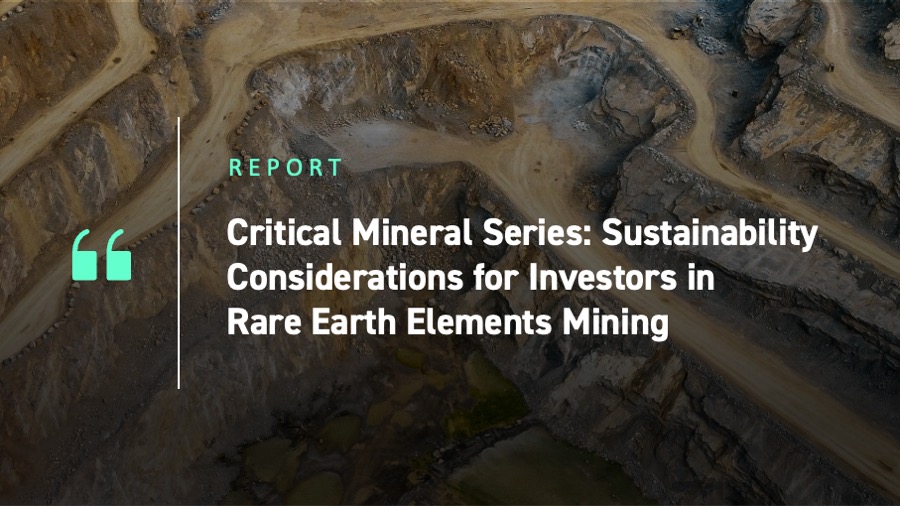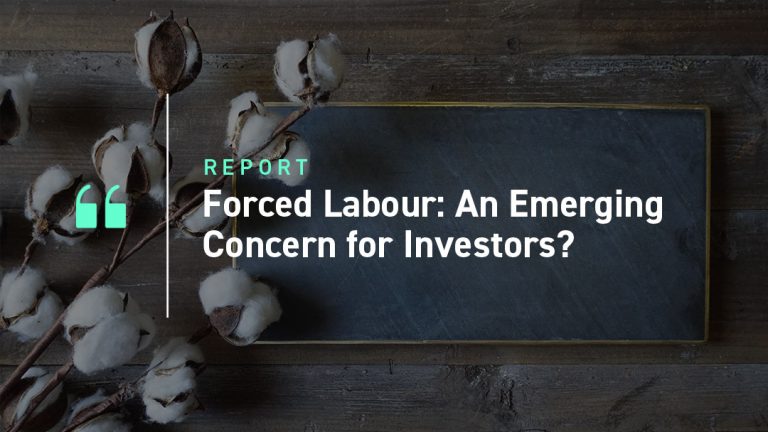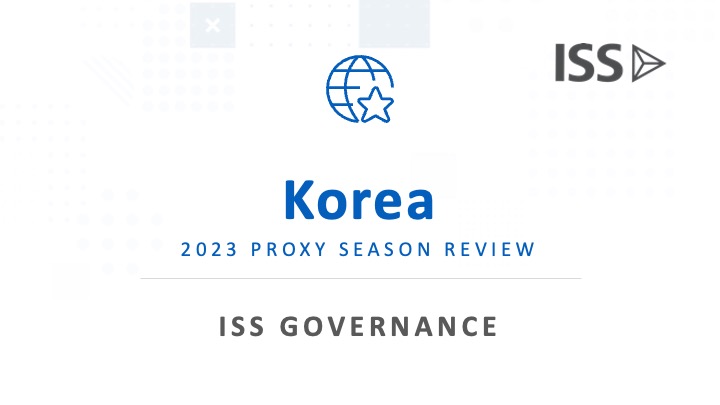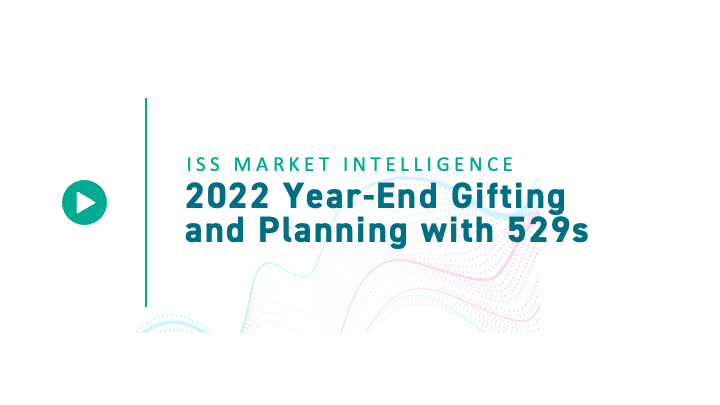
Below are the key takeaways from the fourth publication in the ISS STOXX Research Institute’s series on critical minerals. To download a copy of the full report, please click here.
- Rare Earth Elements (REEs) are foundational to the global shift toward a low-carbon economy, playing a critical role in enabling clean energy technologies such as electric vehicles (EVs), wind turbines, solar panels, and advanced electronics.
- Although REEs have proven to be essential to the energy transition, the value chain faces a variety of risks ranging from geopolitical risks to nature- and climate-related physical and transition risks.
- ISS STOXX data shows that REE mining companies’ main sustainability considerations include nature-related risks connected to water use, land use, climate change, pollution, and biodiversity loss; and societal risks related to human rights violations such as forced and/or child labor and disregard for Indigenous and Local Communities.
- Investors can use a blend of nature and social data, from companies’ sustainability performance to geographical designation of human rights risks, to inform their risk management strategies as they relate to REE companies.
This publication series from ISS STOXX’s Research Institute, in collaboration with colleagues across the sustainability research and product teams, examines the sustainability profile of mining companies. The series leverages data from various solutions, including the Corporate Rating, Biodiversity Impact Assessment Tool, Modern Slavery Solution, and Norm-Based Research. This fourth publication focuses on Rare Earth Elements.
Explore ISS STOXX solutions mentioned in the report:
- Identify ESG risks and seize investment opportunities with the Corporate Rating.
- The Biodiversity Impact Assessment Tool helps investors assess the impact of companies’ business and supply chain activities on biodiversity.
- Identify, evaluate and act on modern slavery risks and their impact on investments with the Modern Slavery Solution.
- Assess companies’ adherence to international norms on human rights, labor standards, environmental protection and anti-corruption using Norm-Based Research.



By:
Caitlin Harris, Senior Associate, Research Lead, ISS STOXX Research Institute
Jhanavee Sheth, Vice President, Sector Head-Energy, Materials, & Utilities, Sustainability Research, ISS STOXX
Liliana Picchi Cappuccelli, Associate, Screening & Controversies Research, Sustainability Research, ISS STOXX
Mirtha Kastrapeli, Global Head of ISS STOXX Research Institute




